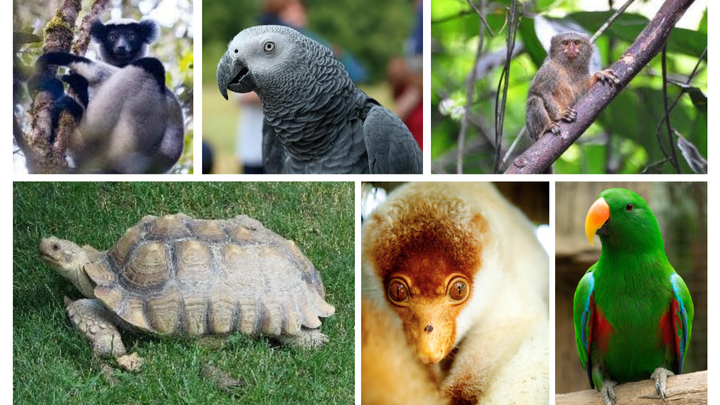
Help Journalists Uncover Wildlife Trafficking in South Asia
Tax deductible
South Asia, which is home to 15% of the world’s biodiversity, is a hub for wildlife trafficking. Wildlife trafficking threatens the survival of numerous species, which can disturb ecosystems globally. It facilitates the spread of zoonotic diseases, which can have global health implications, as seen with the COVID-19 pandemic. Transnational organized criminal networks also often move illegally harvested wildlife through existing infrastructures and well-developed routes used for the trafficking of drugs, people, weapons, and other forms of contraband.

One of the major factors driving wildlife trafficking in south Asia is the
growing demand for exotic pets, especially birds such as cockatoos,
macaws, and grey parrots, as well as star tortoises, and reptiles. The
exotic pet trade can pose a threat to local ecosystems and public health outlets in their countries and throughout the world.

Journalism Centre on Global Trafficking hosted a workshop on Dec. 10, 2024 for 200 journalists from South Asia to learn about the intricacies of South Asia's trafficking in exotic pets and wildlife crime.

How you can help:
We are now raising funds to support journalists to complete investigations on trafficking.
Your donation will help:
✔ Provide reporting grants for investigative journalism.
✔ Fund mentorship and training for journalists on covering wildlife crime.
✔ Support fact-based, quality reporting that holds traffickers accountable.
Help us empower our journalists - donate today!
Organizer
Cara T
Organizer
Washington D.C., DC
Journalism Centre on Global Trafficking
Beneficiary
